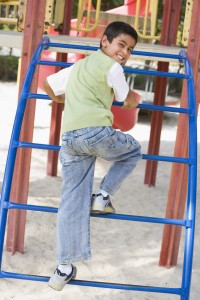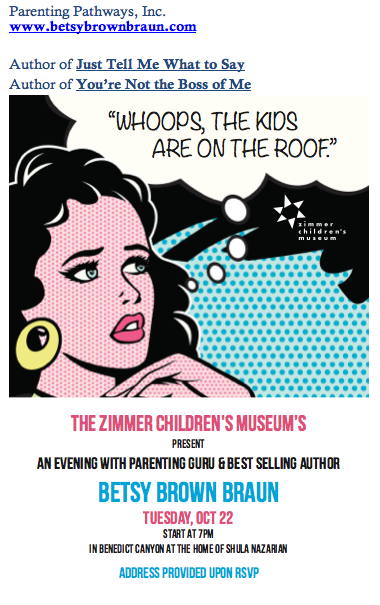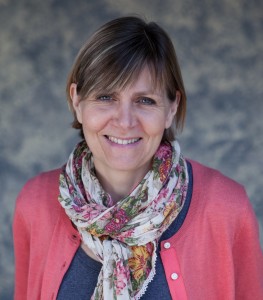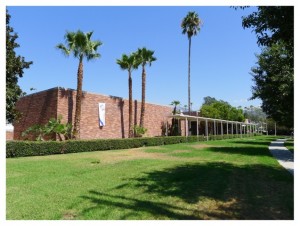One of our blog readers asked us how private elementary schools handled gifted/highly gifted kids. We’ve been asked this question several times so Anne and I thought we’d answer with a blog post.
Unlike public schools, which have gifted magnet programs, most private schools handle gifted students on an as-needed basis. The Mirman School is the only private school in Los Angeles specifically for highly gifted kids and there is an IQ test required for admission.
Many private elementary schools (progressive and traditional) have the ability to meet the needs of gifted children. Typically, it is the teachers who determine which kids need more advanced work in one or more subjects. Sometimes a family will have their child tested by a psychologist to determine whether or not they are gifted and parental requests will be considered, but the teachers need to observe a child’s work within the classroom setting before requesting a child be given advanced work. Creating an individualized program or curriculum for one or a small group of kids requires additional work and resources from the school.
Here are the most common ways private schools meet the needs of gifted students:
1. Private schools will often put kids into ability groups for subjects like reading and math, beginning as early as first grade. The groups happen in the classroom and can be flexible, adding additional kids as the year progresses and as teachers observe certain kids who more advanced work.
2. Creating an advanced curriculum. If a school has one or two gifted kids who are working well beyond the curriculum that is being taught in the class, a school can create an advanced, individualized program for that child. In the lower elementary grades, this is typically what happens. Rather than have a 2nd grader attend a 4th grade math class, the school may pull the child out to work with a specialist teacher or faculty member several times a week. Homework would be included along with the advanced curriculum.
Really good, experienced teachers recognize the student who grasps the curriculum quickly and moves through the material ahead of schedule. They will find creative ways to extend the learning for these students. It is not just moving them ahead in the subject matter, but can include giving those students extra challenges in how they apply their advanced learning. This may take the form of an independent project that is designed by the student and teacher and woven into the fabric of class presentations. This deepens and broadens the learning rather than pushes the student into territory that they might not be developmentally prepared to take on.
It is more common to see this kind of accommodation in the language arts area than in math, though there are many ways to extend understandings of math concepts as well. For example, a language arts extension might include a student taking on an author study of a particular writer they have covered or creating their own story in the style of that writer. In math, a student who is extremely spatially proficient and jams through the geometry unit at an upper elementary level can come up with and construct a creative project that demonstrates to classmates some cool applications of the concepts they are learning. Both of these allow gifted students to immerse themselves in the subject matter while relating it back to their classroom curriculum and to their peers.
3. In the upper elementary and middle school grades, it is not unusual to see gifted students attend an above grade level class. For example, several 6th graders might be placed in a 7th grade math class. This can happen at the request of the teacher or based on a placement test.
It is not common for a child to skip a grade in private elementary schools. For social and emotional reasons, this is rarely done, although it does happen. And, if the child is highly gifted advancing one grade level will probably not challenge the child enough. The most common difficulty for gifted students who move ahead and attend classes with older kids is a feeling of separation from peers and potential intimidation by older students. Often, the problem for gifted students who do not move ahead is a feeling of intellectual loneliness. It is important to strike a critical balance that avoids both of these pitfalls. Sensitive parents and schools can work together to do this well in most circumstances.
This post was written by Anne Simon and Christina Simon
All the news that’s fit to print, but won’t fit on the blog. “Like” Beyond The Brochure’s Facebook Page!







